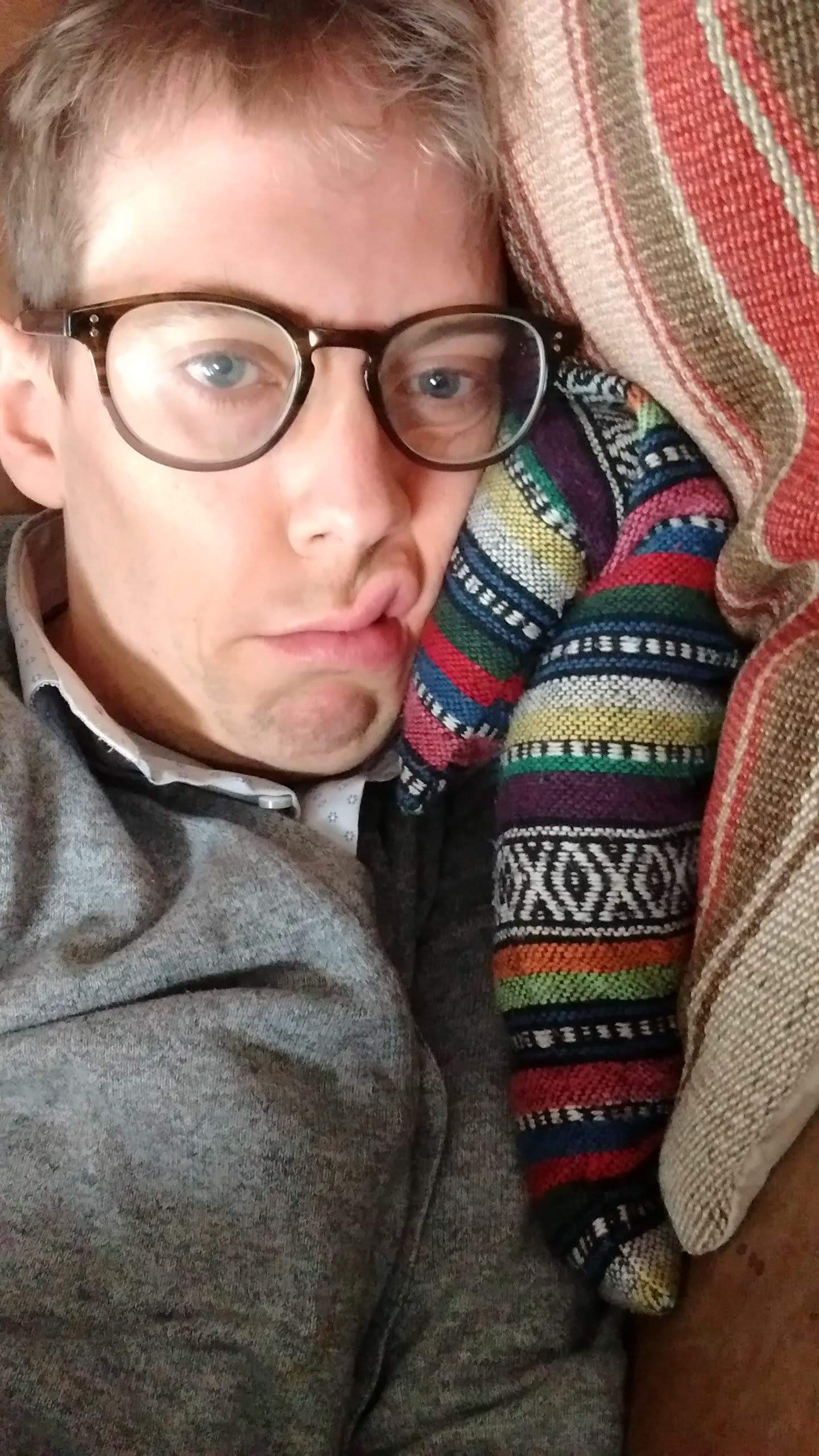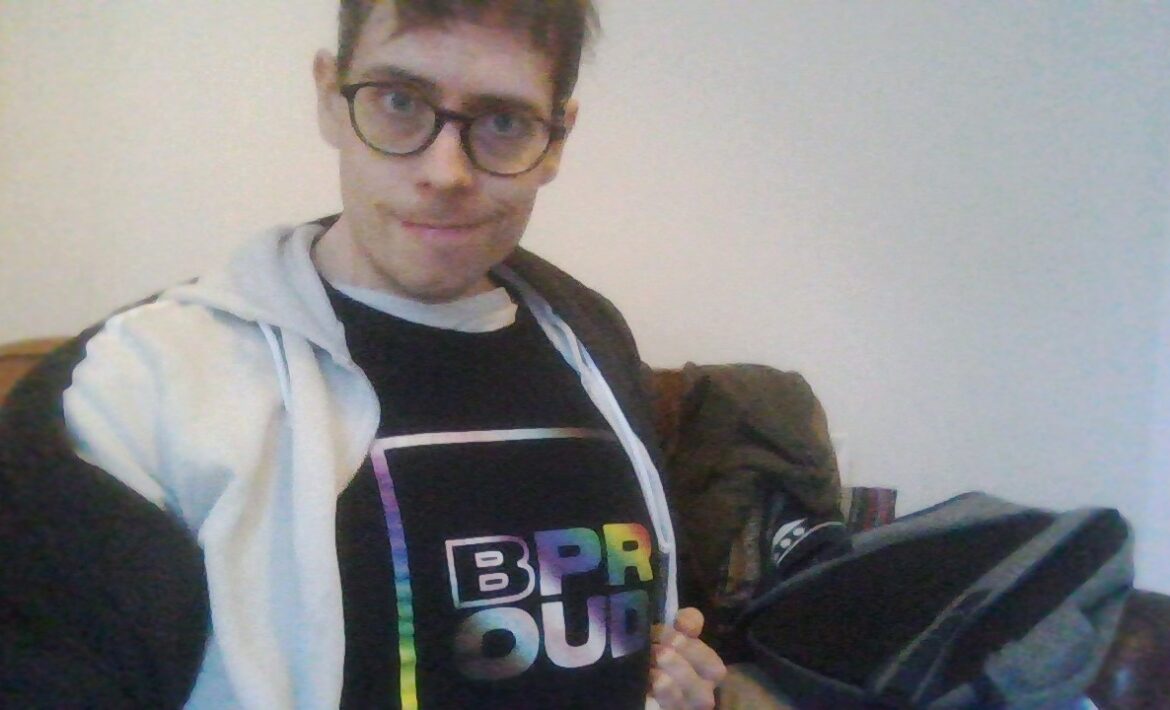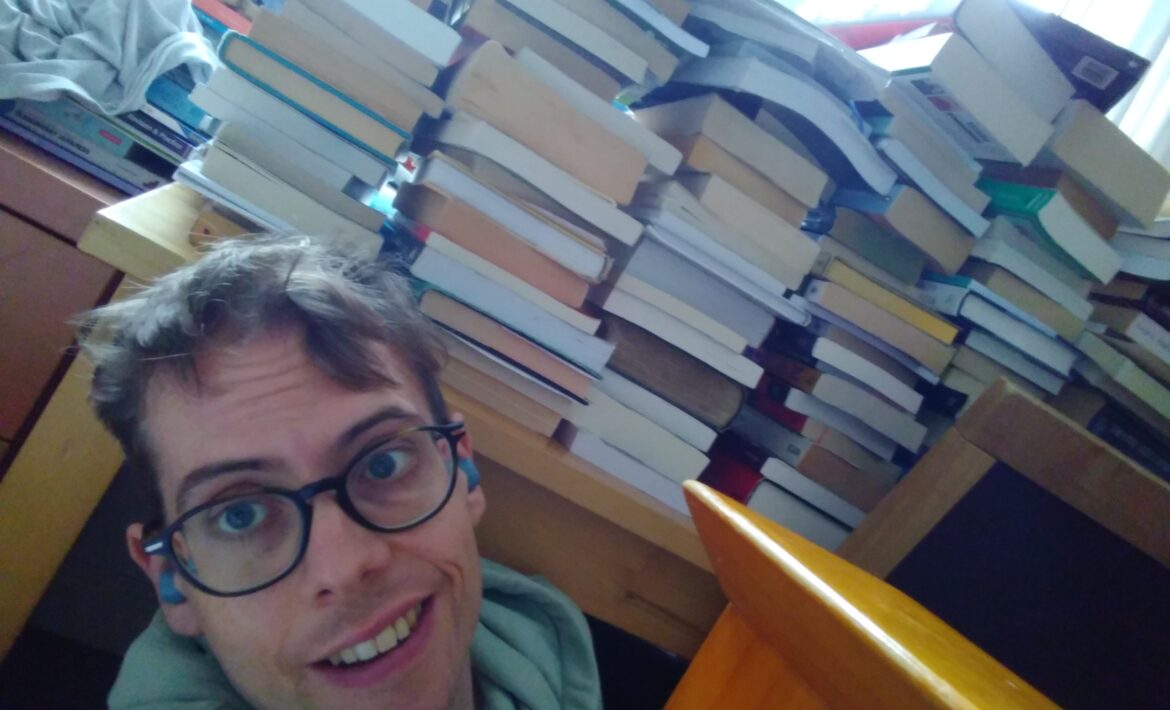
Autistic at Times of Covid-19 – Sunday 11th October 2020: On Executive Function and Co-morbid Neurodivergences #1
Hi everyone!
Apologies for the lack of a blog the past two weekends. Two weeks ago, I was celebrating my partner’s 25th birthday with trips to Bath and Oxford on subsequent days. Last weekend I was so tired I couldn’t speak. I tried to write a blog but I didn’t make enough sense to push on with it. I ended up having to call in sick Monday – Wednesday. I’m on my way back up though. I also did my first training for Oxford University Press. If you were there, thank you for following my blog! I hope to see more of you soon. The amazing Caroline Hearst and her wonderful AutAngel staff have added me to their list of recommended trainers. AutAngel is located in the Reading area and they do incredible work supporting autistic people and the organisations we interact with. Find them, me and the others here:
I want to talk today about Executive Function and the intersections of autism and other neurodivergences. Working on the talk, I found that a lot of the things I really struggled with were actually not immediately associated with autism. associated with attention and focus, sensory issues, dyspraxia-related problems and anxiety and depression. All I knew about autism as a child and teenager was that I couldn’t be autistic because I was not a loner, I was incredibly empathetic (to my own detriment) and I was definitely not a robot with wrongly wired-up brain. I am keeping it brief this week, since I’m not going to burn myself out all over again.
Content warnings for discussions of mental ill health, meltdowns, abusive self-talk, potentially triggering language.
On Saturday last week, all I could productively achieve was to clean our flat. I hadn’t done so properly for over two weeks, we were living in squalor. Add to that the fact that most of our books are still boxed up and my partner’s grandmother was going to visit the day after – you can see our problem. I was totally broken in the morning, considering giving up one of my jobs in order to stay functional. But, as I started on the kitchen, I slowly got energy back.
With some help from my partner, I got the place pretty much spotless. I asked him to go out shopping, as the noise outside was too much. I listened to podcasts all day, catching up on what I’d missed this week. I am also thankful I have my over-ear headphones back. I’d missed them. They make me feel covered and safe. I had the noise cancelling on most of the day too. I also played a lot of Final Fantasy VIII.
Unfortunately, by Sunday evening, my energy fell off a cliff and my executive function with it. I was totally broken. I was angry about it, too. I don’t like feeling this way. But I spoke to my partner, he thought I should take some time off sick. I hate letting people down, especially since my school is busy, socially distanced classes and all.
The next few days I sat around in a daze. I had nothing to offer. I just played video games the first day and read a book cover-to-cover on the second. I didn’t binge food, but I usually would when this tired. My impulse control goes out of the window, too, so it’s a good thing I’m no longer buying books off Amazon. I also know that I can use the internet in damaging ways, reading too much news and making myself both petrified and incapable to do anything productive about it.
Now, even when I’m very tired, I can do some things that are humongously difficult or even impossible for other autistics, even when they’re well. I can clean. That’s not nothing. I had to learn that when I was in my twenties. When I was younger, I was usually too tired to do it properly. I hated the noise of the hoover and I struggled to see any dust or crumbs.
Looking back over my old school reports, one thing that keeps on coming back is my trouble with writing. That seems to be perennial. Only since I started writing Teeming in longhand has my handwriting improved. That came together with the time I started doing classroom teaching. Those two things made a difference to the extent that I can now actually read my own handwriting.
My partner is different. He rarely has meltdowns and has exceptional mental health. But he really struggles with cleaning and organising his life. Sure, he laughs about it and, especially over the past year, he has made massive strides. He now cooks for himself twice a day where before he would live off store-bought sandwiches. Saturday last, he cleaned the bathroom practically on his own. But when it comes to thorough cleaning, he still struggles. He plays it off as a joke, that he knows that I’m a very sharing person and he needs to just get out of my way doing what I am most talented at. But if he was living alone, he’d need a cleaner. He is not lazy, he simply doesn’t know how and he struggles to learn. This is why I am slowly teaching him how to do things like cleaning. We will never have a 50/50 approach to housework, and that’s ok. He’s on his way.
What he can do though, that no-one else can do as well, is get me out of meltdowns. He finds different ways to make me feel relaxed – the most recent way includes the use of our new cuddly toy whale Cyan. He is so soft that the gentle touch of Cyan onto my skin makes me tingle and relax.
My meltdowns don’t come out of nowhere – they are responses to the world around me. I am usually already tired when I melt down. When I find myself frustrated that my body or brain don’t behave as I want them to, I can get very angry with myself. This leads to my brain overloading. I curl up and start to visibly stim. Sometimes, a meltdown is not triggered by anger, it can be sensory overstimulation, such as loud noise. The solution is always the same: de-escalation, being on my own and rest. Growing up how I did, though, I can still struggle to accept my own meltdowns. Shame is like an old tattoo, it fades slowly – if at all.
Meltdowns happen when I am confronted with something that shows (to my brain) that I failed at keeping up the mask of someone who is in control of everything.
Meltdowns are more likely if:
- I had a bad night’s sleep
- I already had a meltdown
- I am overworked
- I am burned out
- I have had a long day
- I am physically ill
- I am in physical pain
- Several distressing events have happened in quick succession
Meltdowns are an external expression of internal pain. They’re not pretty to look at. But I rarely have them nowadays. If I have a meltdown, my body is telling me to stop. My main triggers are:
- Losing important things, such as my keys or wallet
- People taking advantage of my autism
- Cruelty and violence, specifically against children and animals
- Racism*, misogyny, queer- and transphobia
- The wanton destruction of the environment
- Sensory overload, particularly noise
- My perception of my own failure at a certain task or interaction
- My perception of my own failure to uphold certain values I hold
I used to think that meltdowns meant that I had failed at being human (whatever the hell that means). I didn’t value anything that I did before the meltdown – logically, since, as it happened before the meltdown, it can’t have meant anything valuable – because I still had the meltdown. Plus, since I didn’t feel that I had any value if I showed my weakness (e.g. had a meltdown) that meant that I started from scratch every single time I had one. I would rest and internally ridicule my actions and existence before the meltdown – naturally, since they caused the meltdown. I needed to have a so-called perfect run. I could never show any weakness. Because a meltdown meant that I could be put in a home. Being (visibly) autistic, society taught me at a young age, meant that I could be deprived of freedom and the people I loved. We only have to look at the cases of Matthew Rushin and Osime Brown to see how true that is, specifically for autistics of colour.
After I have had a meltdown, my executive function goes through the floor. I can no longer function the way I think I should. I can’t clean, I forget social niceties. I’ve lost friends because I never sent them a thank-you message, since I had a meltdown soon after I left their house. I didn’t have the energy to say why I didn’t send a whatsapp message. I haven’t had contact with them for over four years.
In the past, I would let my living space become even more of a mess, I would let letters stack up. I would gain weight and binge to punish myself for the weight gain. When I was on medication, I was usually too exhausted to do much more than look at my emails, read some of them and maybe go to the shops. I would then punish myself for being lazy, if I had the energy.
Now, however, I pride myself on my executive function skills. I can do things for other people. I’m often the one people close to me go to to get emotional support or a shove in the right direction – given with love of course. As my grandmother said, it’s that what matters. It’s difficult to accept that they are not a given, but a consequence of, as Julie Andrews sang, “nights of peaceful slumbers”. It’s a cruel joke that the more burned out I am, the less likely I am to sleep well.
______________________________________________________________
I’ll continue this next week, so I can make some dinner now. I hope you like this week’s picture. I certainly do. Also some news: I’m taking two weeks off in late October-early November to finally finish the book. I can’t wait to finally get a draft out to an agent who’s been waiting for a manuscript since September 2018’s Write Now workshops in London! I’ll see you all next week.
Lots of love,
Jorik
* Particularly difficult because I grew up in Holland during a long period of racist white backlash against its Muslim population that continues to this day.
2 Replies to “Autistic at Times of Covid-19 – Sunday 11th October 2020: On Executive Function and Co-morbid Neurodivergences #1”
Comments are closed.



Thanks for sharing. It’s not easy to take time off… I’m super tired this weekend, and I’m not sure why, and it makes me feel frustrated. I just want to do what I want to do and be ready for my week! Good to know I’m not the only one 🙌
It’s like that, isn’t it? I often feel a bit hypocritical saying how important it is to rest and breathe when I get frustrated with myself for needing it. But I’m happy I’m not the only one either ^__^